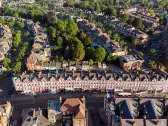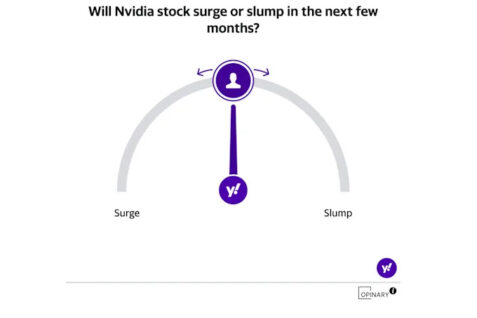
UK House Prices Drop for First Time in Nine Months
First-Time Home Buyers Rush To Beat Stamp Duty Changes Before Tax Hike Takes Effect.
In a surprising twist, UK house prices declined in December 2024 for the first time since March. This decrease was observed despite five consecutive monthly increases earlier in the year. According to Halifax, the average house price dropped by 0.2% from November, standing at £297,166.
Regional Variations
While some regions experienced higher growth rates than others, Northern Ireland showed the strongest annual house price increase in the UK, with a growth rate of 7.4%. The average property price in Northern Ireland reached £205,895.
House prices in Wales also rose significantly, increasing by 4.6% year-over-year to an average of £226,646. In Scotland, however, the annual growth rate was lower than in other parts of the UK, reaching 2.4%. The average house price in Scotland stood at £209,959.
London remained the region with the highest average house price across the country, standing at £547,614, which is up by 3.3% year-on-year.
Expert Insights
Amanda Bryden, an expert from Halifax, stated: "The housing market was broadly steady at the start of 2024, with house price growth taking off from the summer onwards." She added that the decrease in mortgage rates and income growth have contributed to financial pressures easing for buyers, leading to increased demand.
Bryden also highlighted that changes to stamp duty from April will further incentivize first-time buyers. The ‘nil rate’ band for first-time buyers will shrink from £425,000 to £300,000. However, she noted that only 8% of homes in London will be stamp-duty free for first-time buyers by April.
Impact of Stamp Duty Changes
The changes to stamp duty are expected to give prospective first-time buyers more motivation to purchase a property before the deadline. In the south-east and east of England, 24% and 32%, respectively, of homes for sale will be exempt from stamp duty.
Looking Ahead to 2025
Bryden emphasized that mortgage affordability remains a challenge for many buyers, particularly as interest rates are likely to decrease more slowly than previously predicted. However, she anticipated modest house price growth this year, assuming employment conditions remain stable.
Despite the recent slowdown, Matt Thompson, head of sales at Chestertons, reported an increase in buyer demand in December 2024. This surge was driven by first-time buyers who were keen to purchase a property before the changes to stamp duty, as well as second-steppers and young families looking to upsize.
Contrasting Views on House Price Growth
Ashley Webb, UK economist at Capital Economics, expressed a differing view on house price growth. He stated: "The 0.2% m/m fall in the Halifax house price index in December is at odds with the 0.7% m/m rise in the Nationwide measure and suggests that recent rises in mortgage rates may have started to weigh on the housing market at the end of last year a bit more than previously thought."
Webb also predicted that mortgage rates will decrease further, reaching 4.00%, which would result in a 3.5% increase in house prices in 2025 compared to the consensus forecast of 2.5-3.0%.
Nationwide Figures Show Contrasting Results
Separate figures released by Nationwide revealed an increase in house prices that was higher than expected, with growth at its fastest annual rate since October 2022.
In conclusion, while UK house prices fell in December 2024 for the first time since March, experts expect sales to increase over the next few months due to changes in stamp duty. The regional variations in house price growth and the differing views on future trends are worth noting, as they will likely continue to shape the housing market in the coming year.
Sources:
- Halifax
- Nationwide
- Chestertons
- Capital Economics










